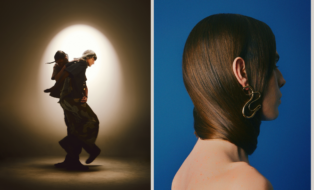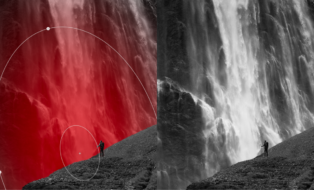Recently, we had the chance to join the photography postgraduate show at the London College of Communication (LCC). On the hunt to award three creatives with our RAW Talent Award, we were blown away by An Liu, whose project was inspired by her grandma’s life experiences at 87 years old.
We got the chance to talk more with An – like how she approached capturing intimate moments of her elderly family members, developing her dreamy storytelling style, to how LCC helped her grow as a photographer and combine empathy with artistry.
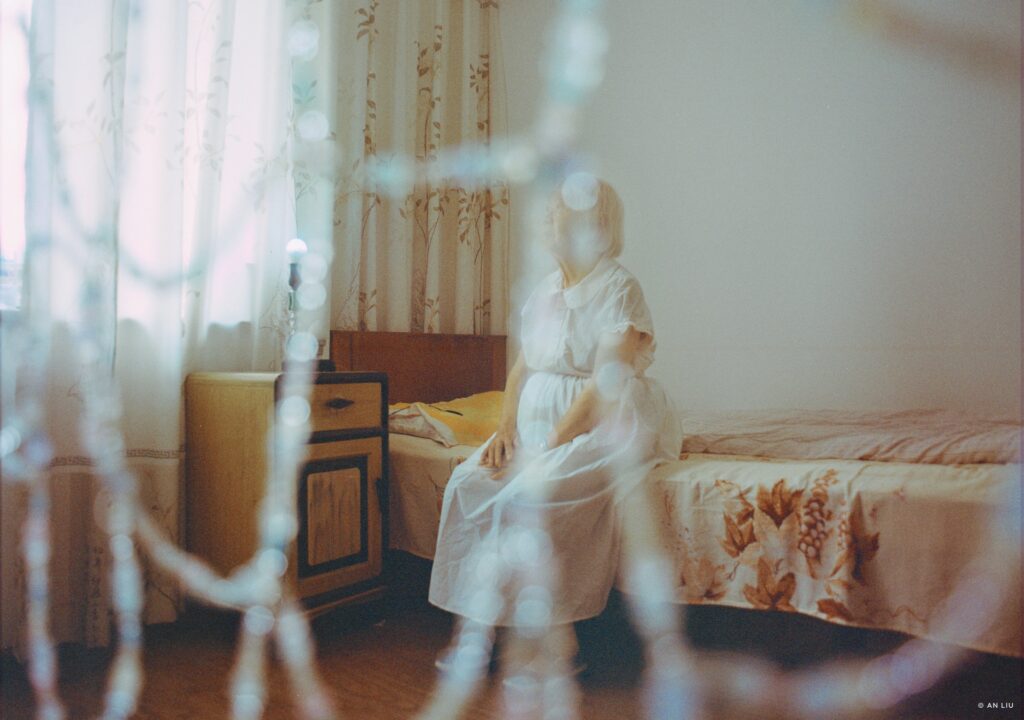
How did you first get into photography?
Because I majored in computer science during my undergraduate studies, I didn’t have formal and systematic training in photography before coming to LCC. Aside from using a camera to document life during my teenage years, my first proper encounter with photography was during a university student union event. I needed to capture a series of photos showcasing the daily work life of an award-winning teacher. Since then, I have fallen in love with the storytelling aspect of photography.
What type of photography do you like to shoot the most?
Before coming to LCC to study photography, I worked as a commercial photographer for four years. However, after my studies at LCC, my interests expanded beyond commercial photography to documentary and fine art photography.
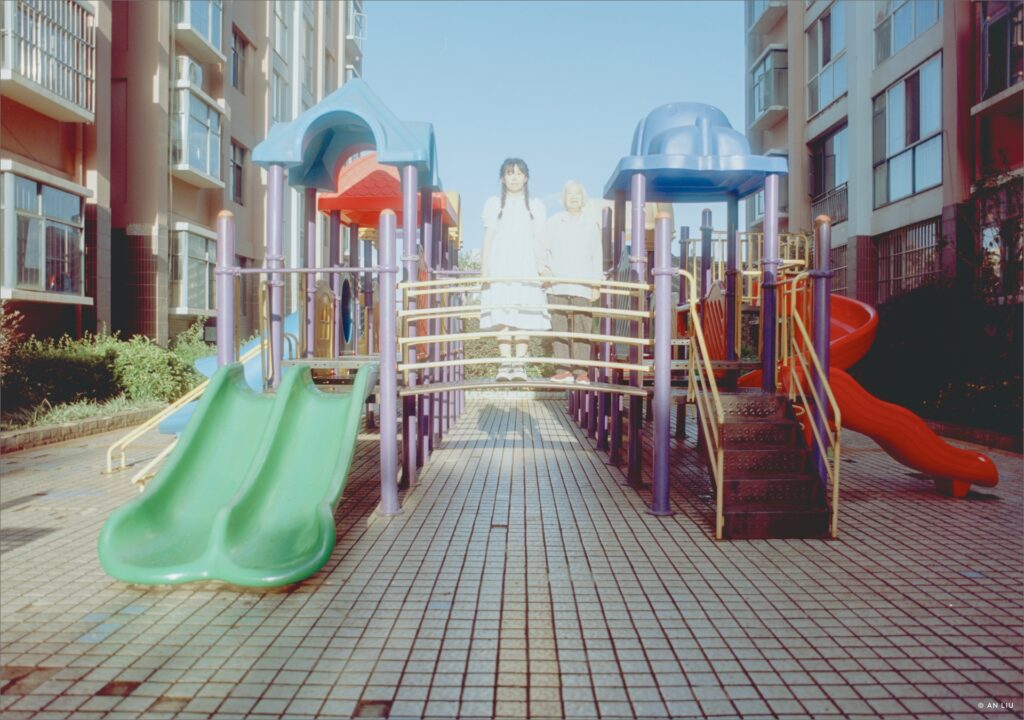
Congratulations on your project. How did you come up with the idea for it?
My project originated from real stories involving my 87-year-old grandmother, who collected toy gun bullets left by neighborhood children due to loneliness, isolation, boredom, and having nothing to occupy her life. This incident served as the catalyst for the project, driven by my deep understanding and empathy for the situations my elderly relatives faced.
What did you enjoy the most when working on the project?
I thoroughly enjoyed the extended period spent with my elderly relatives during the shooting process. Spending a month with my grandparent’s great-aunt and delving into their lives increased my understanding and revealed the charming aspects of their personalities that went unnoticed.
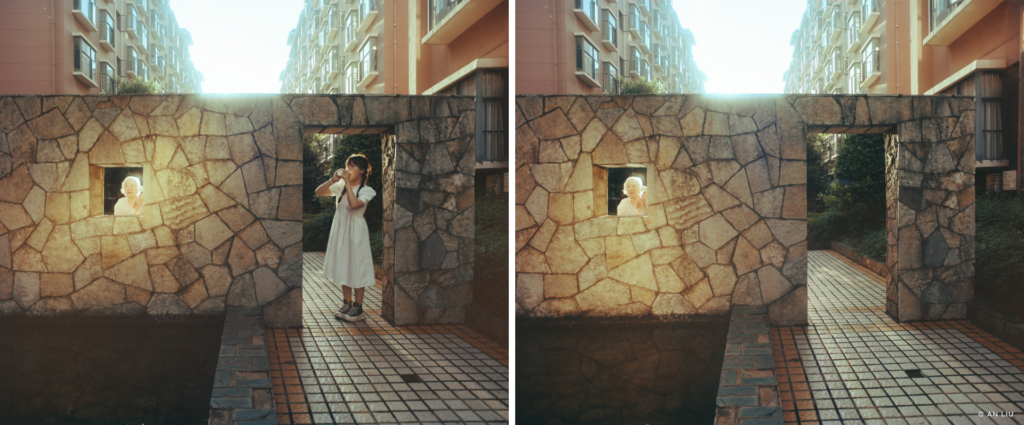
You captured elderly relatives and their daily challenges in an almost dreamlike way. How did you develop this approach?
I unconsciously achieved this effect. Living closely with elderly relatives made me realize that their lives, compared to younger people, are inherently closer to a dream. Their lives blur time and memories, lacking young people’s precise boundaries and plans. My initial vision for the project was to create a dreamlike world for my elderly relatives – dressing them up and engaging in childhood games aimed to construct a vibrant, candy-colored dreamscape in contrast to their real lives.
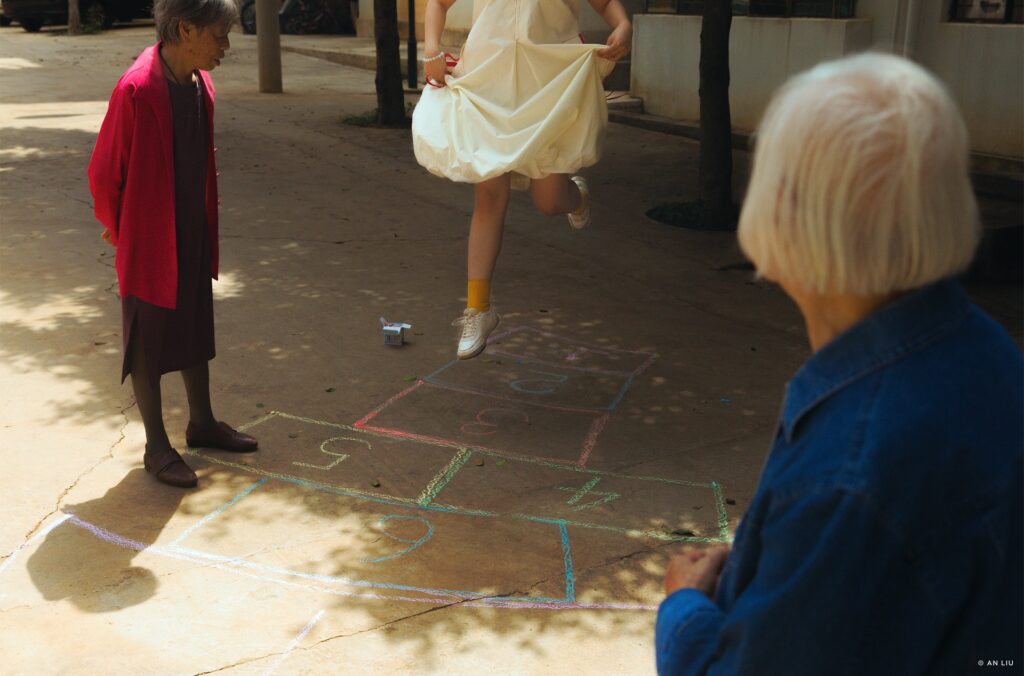
The photos in your project feel very intimate and authentic. How did you work with your subjects?
This intimacy stems from my genuine and close relationship with my elderly relatives. Before deciding to shoot this project, I would routinely do handicrafts with my grandmother or go to the market to buy groceries. These long-term, genuine relationships maybe unconsciously manifested in the final work. I didn’t inform them of any specific plans or actions related to the shoot. Still, I suggested activities like playing games or dressing up. By being on the same wavelength as my subjects, I earned their trust, allowing them to relax and present their authentic selves.
How would you describe your photographic voice?
Viewers often mention sensing warmth and softness in my work, even when exploring heavy topics. This quality comes from my perceptiveness and empathy. My approach makes me reluctant to explore subjects in a very conflicting or confrontational manner. Instead, I prefer to express and heal through a more soothing approach. This subconscious protection of the subjects I photograph contributes to my work’s unique warmth and softness.

Can you describe a unique moment that shaped your style or approach?
I attribute much of my perspective to my tutor, Kalpesh Lathigra. He emphasized the importance of not just thinking about securing jobs in magazines or with brands but understanding what is in people’s minds and establishing one’s authority. This insight prompted me to explore beyond commercial photography.
How did the education at LCC impact and help your journey as a photographer?
LCC provided more assistance than I initially expected. Beyond thorough academic lectures and practical workshops, I appreciated the industry visits that broadened our perspectives. The dedicated and enthusiastic tutors in the program provided valuable feedback on my projects. They offered clear guidance for my photography career. Their vitality and passion for photography and education infected and inspired me, giving me the confidence to pursue photography.
What role does our software play in your workflow?
I first encountered Capture One in 2019 during an indoor shoot, and it has become an indispensable tool for me since then. It efficiently provides feedback and rich details during shoots, facilitating the organized post-production of images. The recent introduction of a mobile version for iPad suggests that Capture One will continue to be a crucial part of my workflow in outdoor shoots.
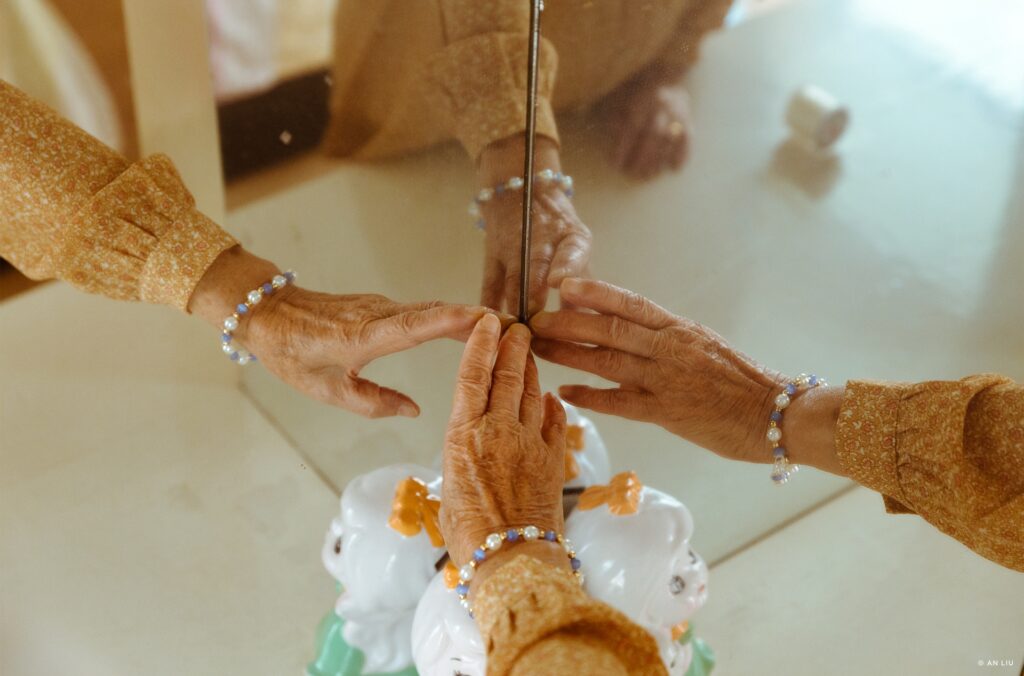
What are some of the photographers you look up to?
I admire Larry Sultan for his well-balanced approach between staged and documentary photography, creating a magical experience that lingers in the viewer’s mind. Additionally, with its combination of empathy towards subjects and a sense of grand solitude, Chris Killip’s work resonates deeply with me.
Now that you’ve just graduated, what are your plans for the near future?
I aim to maintain a balance between commercial and personal work. Commercial projects will allow me to pursue personal endeavors like my final major project. I also intend to share my projects with a broader audience through competitions and open calls for exhibitions.
What do you wish someone had told you when you decided on your career?
I wish someone had shared the most challenging aspects of persevering in this profession. Overcoming these challenges would have provided me with the endurance needed for a long-lasting career in photography.
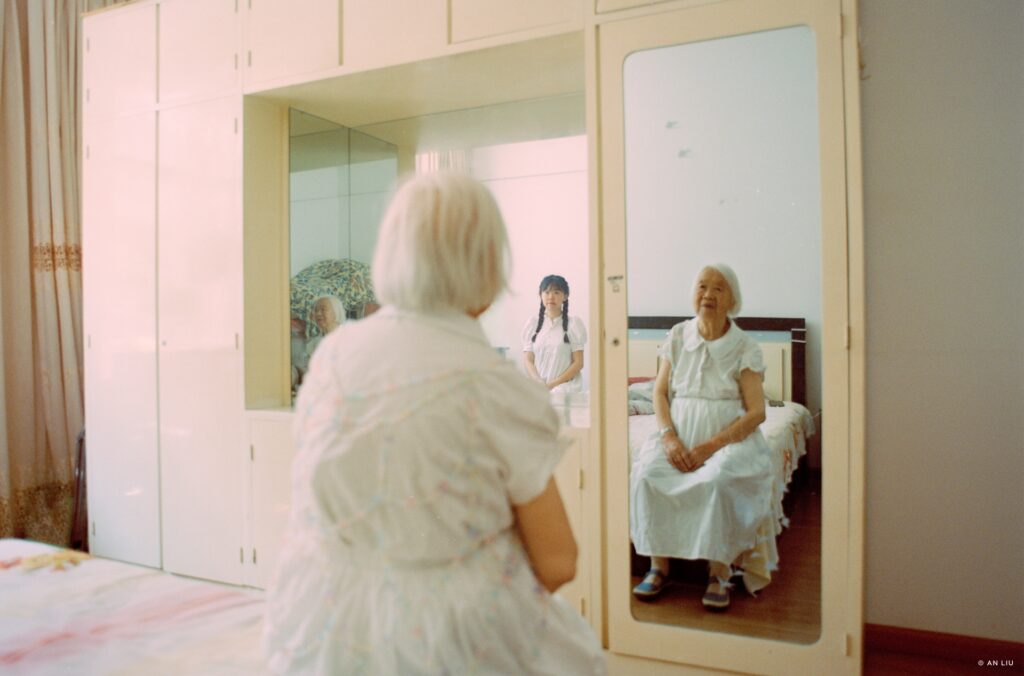
See more of An Liu’s work on her Instagram.
Are you a student? Register here and get a 65% discount on Capture One Pro
